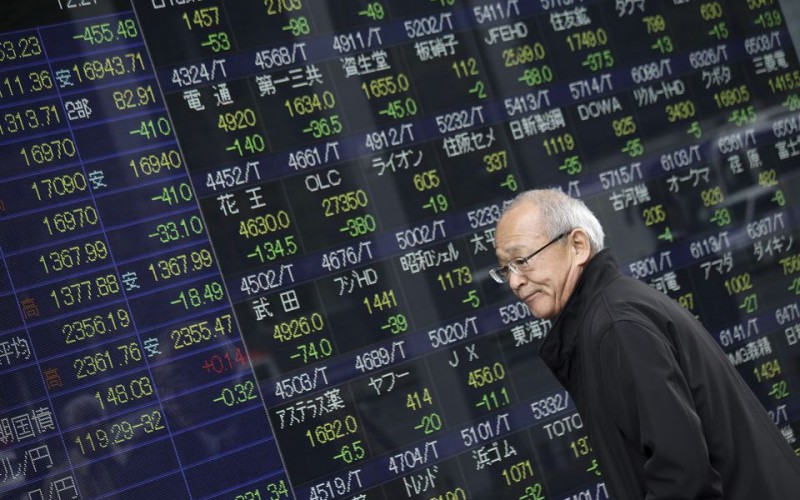
Kazakh President Nursultan Nazarbayev greets supporters during a rally at a sports center in Astana in April 2011. (Viktor Drachev/AFP/Getty Images)
A volatile mix now building in Kazakhstan contains the same ingredients that ignited in Ukraine: a Russian minority that says it fears being under siege, rising anti-Russian nationalist sentiment and pressure on the Russian language.


